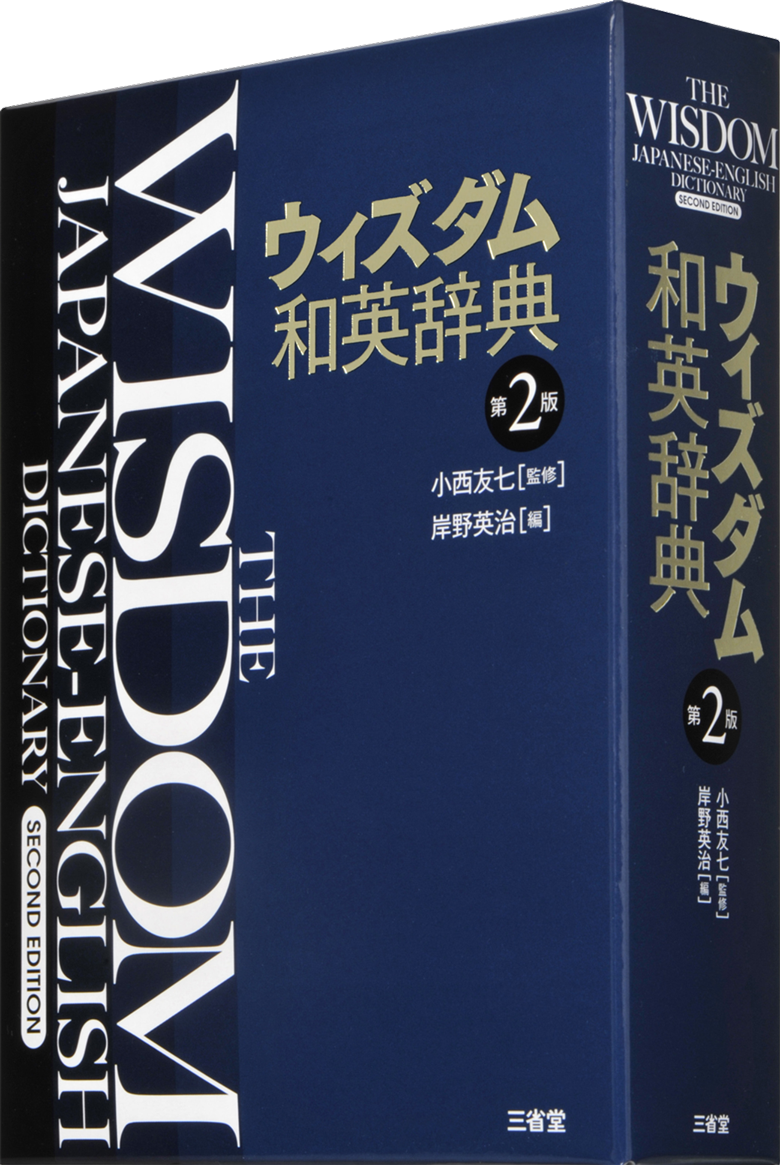−(前)+who−
Swan (2005: 612) は,くだけた現代英語ではwhomはあまり用いられないとし,疑問文の例として以下のようなものを挙げている:
(1)
a. 動詞の目的語
Who did they arrest?
Whom did they arrest? ((かたく))
b. 前置詞の目的語
Who did she go with?
With whom she go? ((非常にかたく))
特に,文頭に現れる場合は,whoが一般的でwhomは((かたく))響くため避けられる。
一方,頻度はそれほど高くないが,前置詞の直後は依然として前置詞の力が強く影響してwhomが用いられることが多い。ただし,くだけた文脈,とりわけ,“(前)+who”が短い応答文や問い返し,追加情報を求める場合は,前置詞の直後であってもwhoが用いられる現象が思いのほか広がりつつある。手許の用例から,ともに用いられる前置詞別にいくつか示しておく。
(2) with who
a.
DRUCKER: They dumped us!
HANNA: What?
DRUCKER: They dumped us.
HANNA: I was just with him!
DRUCKER: With who?
HANNA: Whattaya mean, “they dumped us”?!
—Heat
b.
Andie: (pointing around her) Out there! Go to the prom.
Pacey: With who, Andie?
Andie: I don’t know, anybody. A girl. You could go with me if you wanted to.
—Dawson’s Creek
(3) for who
a.
WORF: How long have you had these feelings for him?
EZRI: For who?
WORF: Doctor Bashir! (off her incredulous look)
After the Breen brought you back, you spoke his name.
—Star Trek
b.
MAL: (with some difficulty) I’m not . . . gonna say it . . . (turns to Wash) . . . again. Shipboard romance complicates things.
WASH: For who? For you?
MAL: For everyone.
—Firefly
(4) to who
a.
TED: (to Harry) What’d you say to him?
HARRY: To who? Arthur? Nothing. Nothing that Norman doesn’t already know.
—Sphere
b.
EVELYN: What did he say? (insistent) What did he say?
GITTES: —That you were jealous, and he was worried about what you might do.
EVELYN: Do? To who?
GITTES: Mulwray’s girlfriend, for one thing. He wanted to know where she was.
—Chinatown
(5) from who
a.
READ: I got this phone call from the clinic. From Rose.
CYPHER: From who?
READ: From Rose. She’s supposed to be in a coma.
Keloid promised me he’d tell me the second she showed signs of consciousness and here I am getting a call from her at five in the morning.
—Rabid
b.
TEDDY: She’s gonna use you. To protect herself.
LEONARD: From who?
TEDDY: Guys who’ll come after her. Guys who’ll want to know what happened to her boyfriend.
—Memento
なお,前置詞の後に間接疑問が続く場合,それが動詞や前置詞の目的語の場合whomが普通だが,くだけた文脈ではwhoが用いられることがある。
(6) We alter our language according whom we are talking to, what we are writing about, whether it is for social, transactional or literary purposes, and so on.
—BNC, CCV
(7) Typically it means that steps are taken to ensure that women do not take away a proportion of the kin group’s resources when they marry—which can mean variously, that women’s sexuality is tightly controlled, that women are given little choice about whom they marry, that there is a preference for choosing marriage partners from within the kin groups (Tillion, 1983; Goddard, 1987).
—BNC, CRF
(8) And other people say he just lived quietly in the town after learning his lesson. That’s a thingabout stories, sometimes; they have different endings according to who you listen to, and some have sort of open endings, and some don’t actually have proper endings yet.
—BNC, G0A
また,主格(補語)の間接疑問では前置詞の後でも通例 who を用いるので注意が必要である。
(9) Many people are curious as to who can and who cannot be hypnotized.
—BNC, C9W
(10) Do you remember where we met? Don’t start asking me now to apologize for who I am or what I believe in.
—The Rapture
ちなみに,句動詞を構成する動詞と前置詞の結びつきが強く成句を構成している場合,動詞と前置詞を分離することはできない。
(11)
a.
A: Who(m) did she look after? / ?* After whom did she look?
B: She looked after Jim.
b.
A: With whom did she agree? / Who(m) did she agree with?
B: She agreed with Jim.
—Quirk et al. (1985), p. 1166.
《参考文献》
Swan, M. (2005) Practical English Usage. Third Edition. Oxford: Oxford University Press.
Quirk, R. et al. (1985) A Comprehensive Grammar of the English Language. Harlow: Longman.






